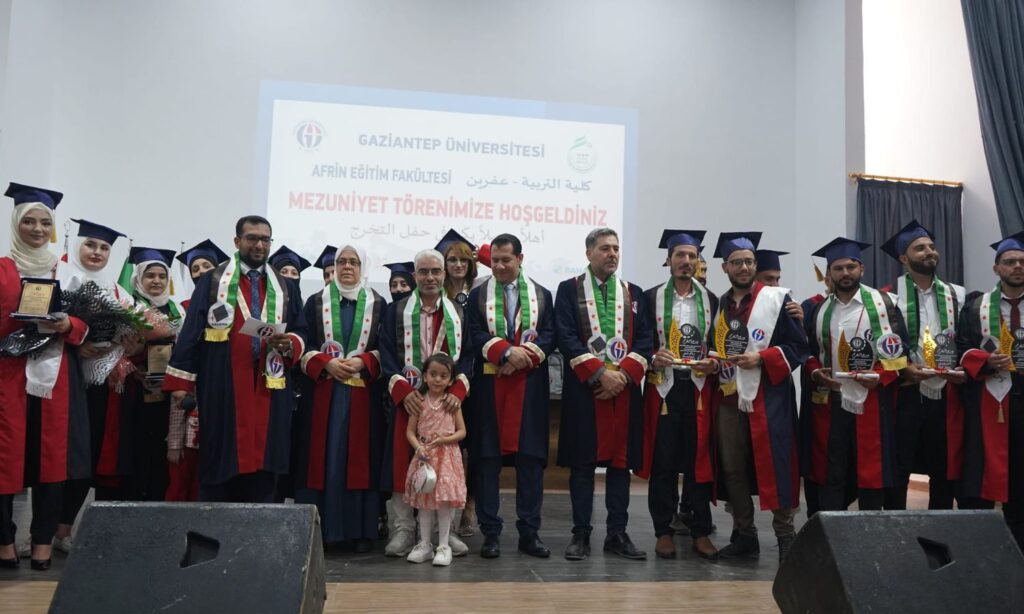The Higher Education Council affiliated with the Ministry of Education in the Syrian Interim Government (SIG) has placed the universities operating in rural Aleppo at the disposal of the Damascus caretaker government.
In a statement from the Higher Education Council on Thursday, January 2, it was stated, “With the downfall of the criminal regime and the beginning of a new phase in the history of free Syria, and in continuation of the educational journey, we, in the Higher Education Council (…), announce placing the Free Aleppo University in the liberated areas with all its academic and administrative staff, students, and graduates at the disposal of the Ministry of Higher Education and Scientific Research in Damascus.”
The council also placed the private universities licensed by it at the disposal of the Damascus caretaker government.
The council attributed its decisions to the consolidation of efforts to unify the higher education system in Syria and to promote integration between academic institutions, contributing to the development of higher education and scientific research, benefiting the students who studied in the universities, and keeping pace with the requirements of the new phase.
Additionally, the council aims to ensure the commitment to providing the necessary scientific standards based on available capabilities, as private universities “were a complement to government universities and contributed to accommodating students in liberated areas,” according to the council’s statement.
There are several private universities and branches of Turkish universities operating in areas under the influence of the Syrian Interim Government, along with Free Aleppo University, which is affiliated with the Interim Government (considered a public university).
The territory under the influence of the Interim Government before the fall of the previous regime included parts of rural Aleppo (the cities of Afrin, Azaz, al-Bab, Jarablus, and al-Rai), as well as the cities of Tal Abyad in northern Raqqa and Ras al-Ain in northwestern al-Hasakah.
The universities concentrated in areas under the influence of the Interim Government in the rural areas of Aleppo, and in previously Syrian Salvation Government (SSG) areas, there were also a number of private universities alongside Idlib University (public university).
The main dilemma for universities in opposition-controlled areas of northwestern Syria was the lack of international recognition for the diplomas issued by them, whether private or public, except for branches of Turkish universities.
Two days after the fall of the previous regime on December 8, 2024, the Military Operations Administration appointed Mohammed al-Bashir (former head of the Salvation Government in Idlib) as the head of the caretaker government in Damascus, and al-Bashir relied in his ministerial formation on ministers from the Salvation Government.
The Ministry of Higher Education in the Damascus caretaker government issued several decisions over the past two weeks, including the termination of the assignment of several university presidents and freezing the work of the National Union of Students of Syria (NUSS).
On December 26, 2024, the ministry issued a decision allowing undergraduate and postgraduate students whose studies had been interrupted due to the revolution since 2011 to submit requests to return to their previous enrollment in public and private universities.











